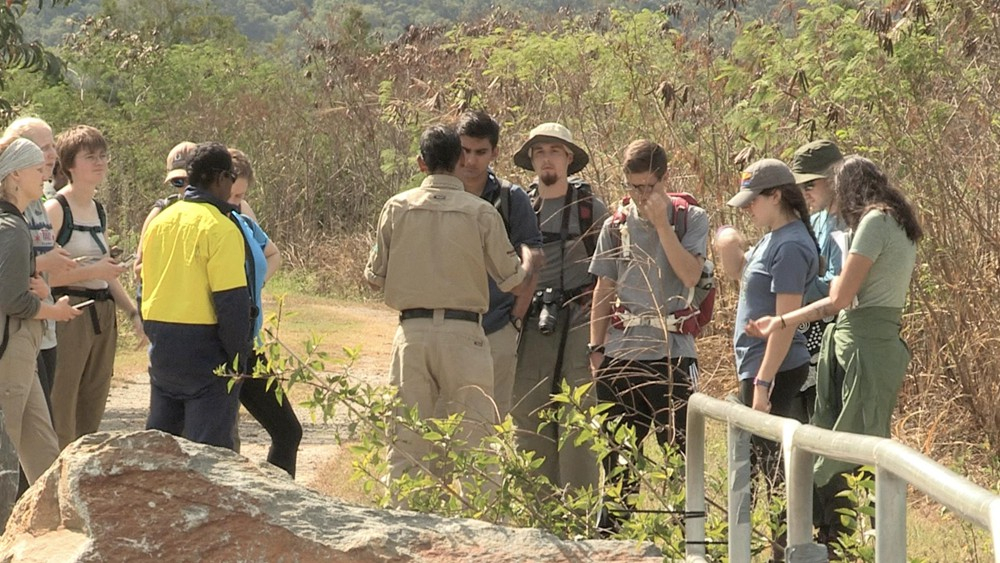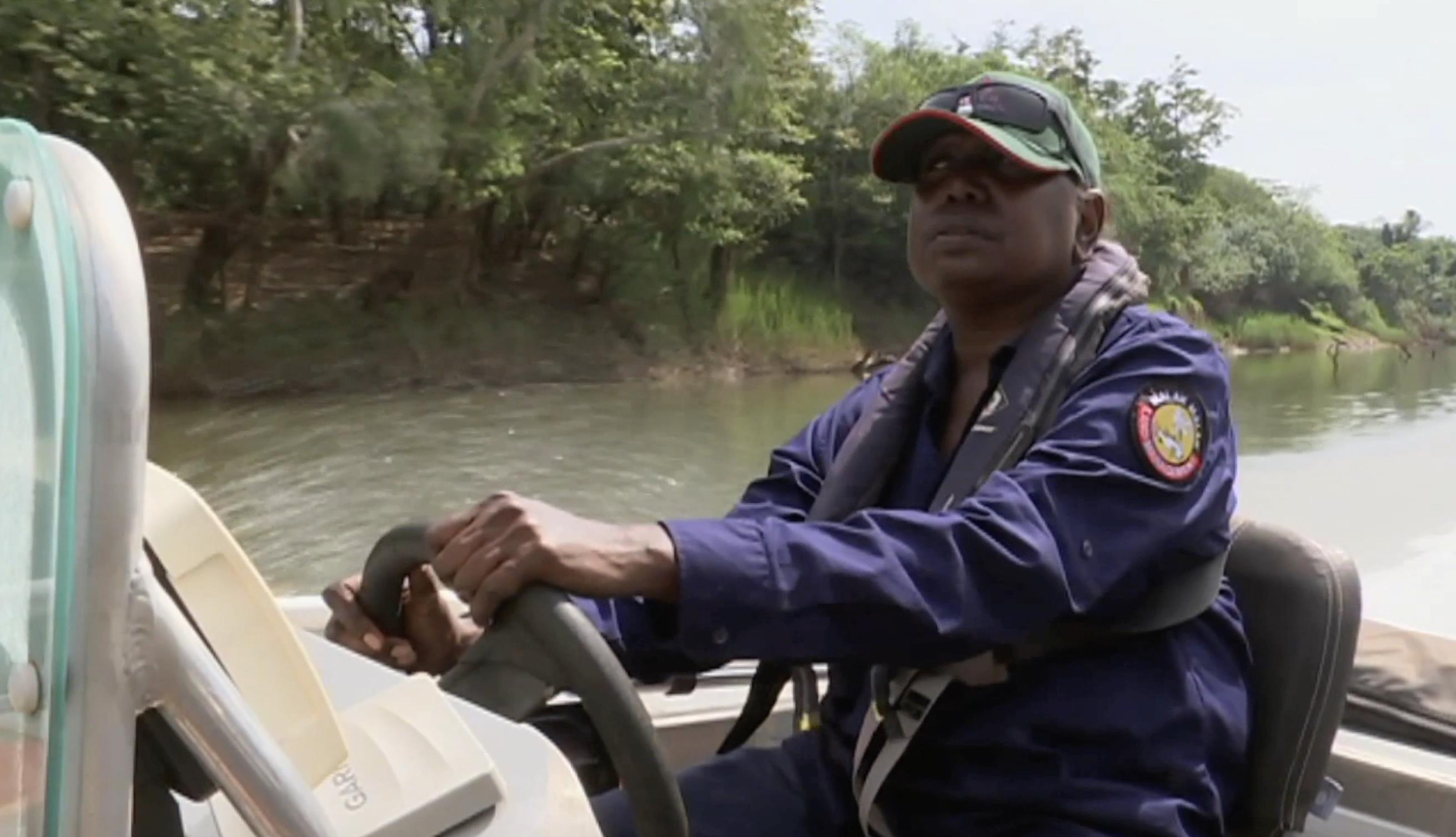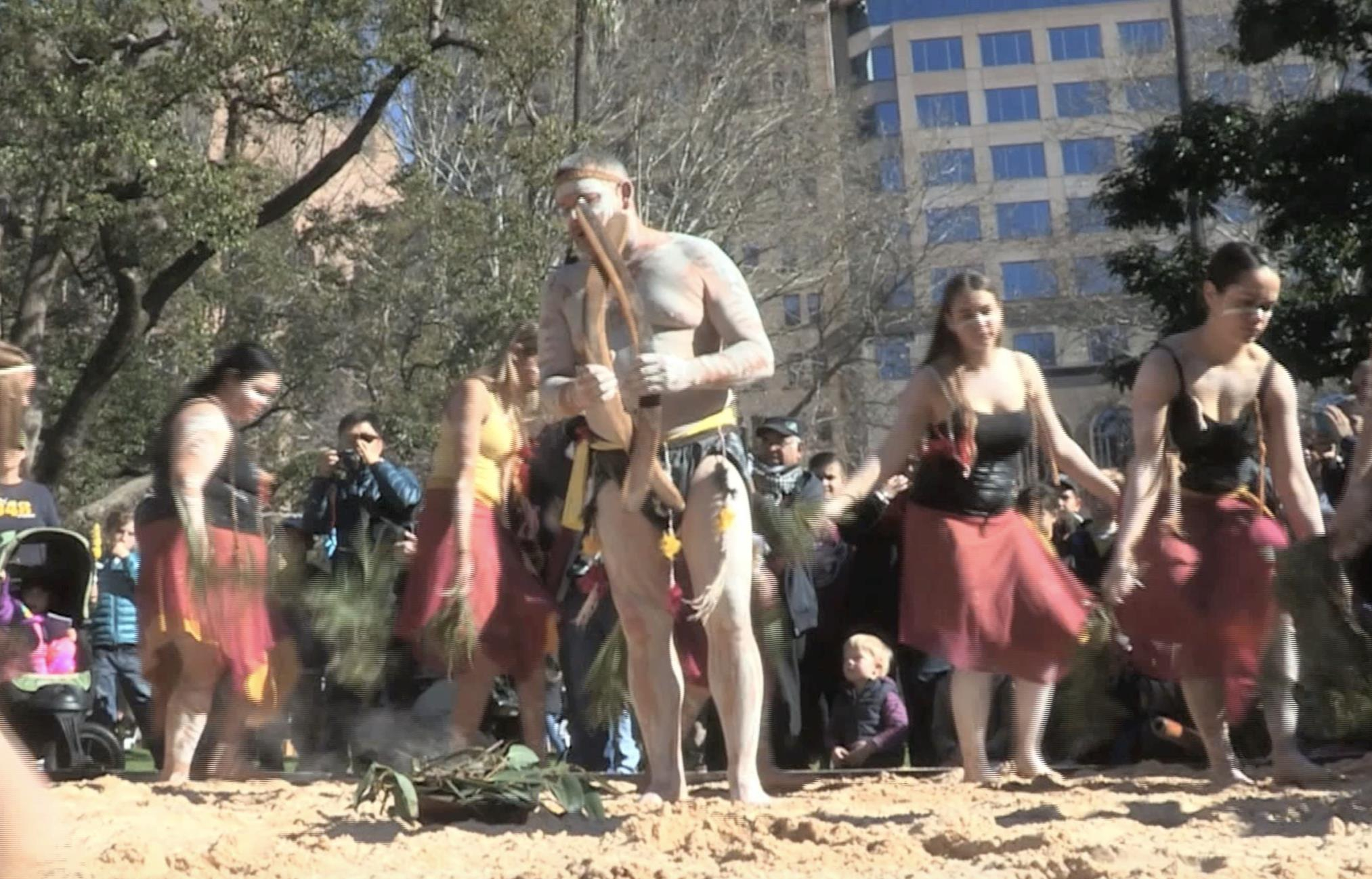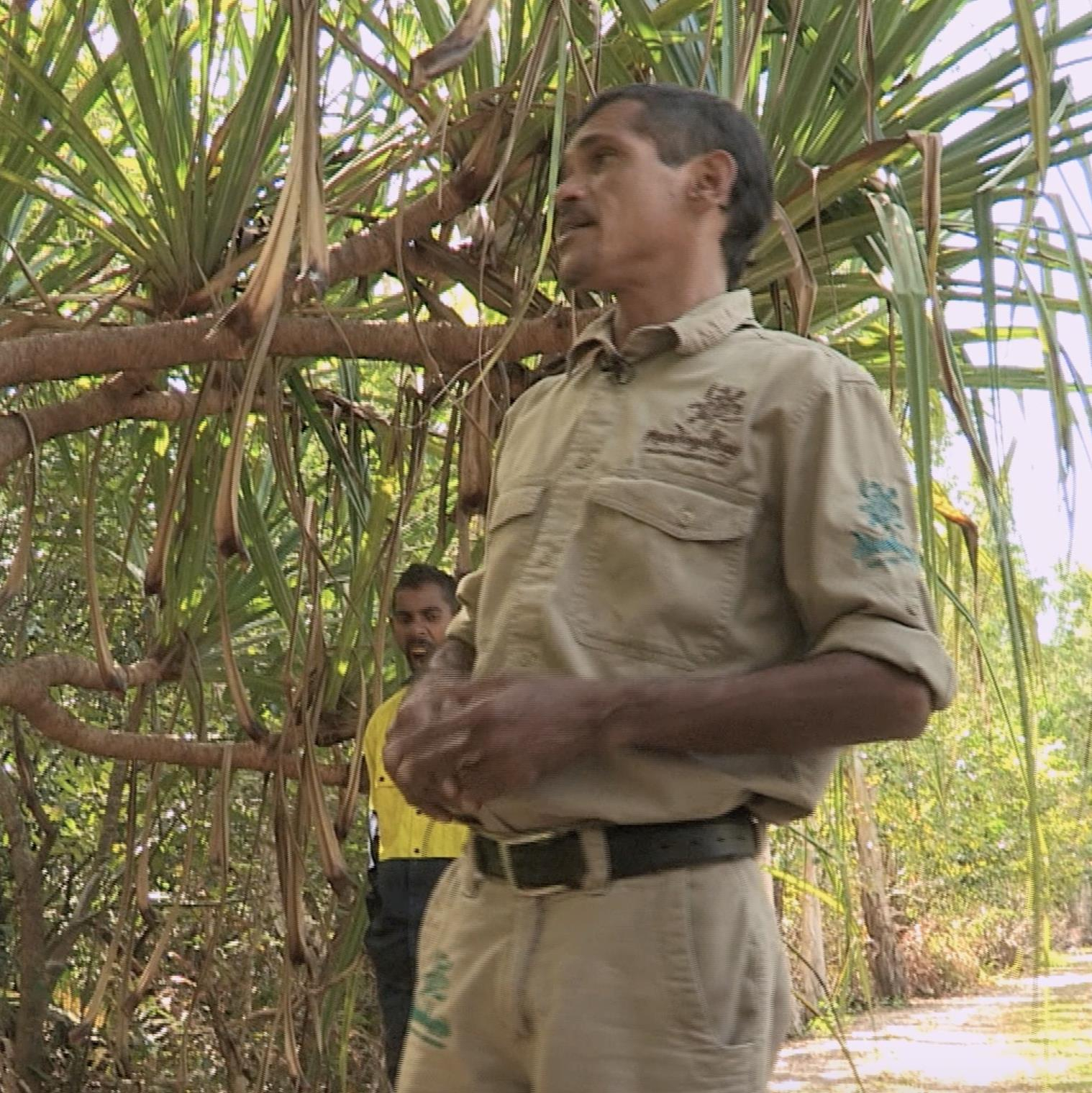
World
13:16, 28-Jun-2018
Australia’s indigenous rangers
Updated
12:25, 01-Jul-2018
By Greg Navarro

On a sun drenched day, members of the Djunbunji Land and Sea Program led a group of Australian University students through the Trinity Forest Reserve in Far North Queensland.
The goal was to give the students a glimpse of some of the conservation practices taking place on the nearly 1,000-hectare reserve near Cairns. Djunbunji Land and Sea Program members say these tours are important in helping people understand more about who they are as a culture, and what they do.

The Aboriginal Ranger Program in the Northern Territory was established 11 years ago. /AP Photo
The Aboriginal Ranger Program in the Northern Territory was established 11 years ago. /AP Photo
“Knocking down stereotypes, the walls about how Aboriginal people manage the country here in Australia and by showcasing that and interpreting that to visitors they can better understand and appreciate the relationship we have as Aboriginal people to the country,” said Dale Mundraby, the executive director for the Djunbunji Land and Sea Program.
Since the Aboriginal Ranger Program was established 11 years ago, the number of rangers across the country has grown to almost 3,000. The federally funded program tasks Indigenous groups with managing conservation efforts on some of the most remote parts of the continent.
“There is no better particular feeling our outcomes than looking after your country, when a particular species or tree that you don’t see growing in a particular area through the emerging country, we start to see those animals and trees start to come back – you can’t put a value on the country rehabilitating itself,” said Mundraby.

A traditional Aboriginal ceremony takes place. /CGTN Photo
A traditional Aboriginal ceremony takes place. /CGTN Photo
People from overseas often see Australia’s Aboriginal population through traditional ceremonies dating back centuries.
Within Australia, the oldest continuous culture on the planet is often viewed as a small but highly marginalized segment of the population, with higher rates of certain health issues, incarceration and unemployment than non-Aboriginal Australians.
That’s why ranger coordinator Victor Bulmer says the program is so important.

Ranger coordinator Victor Bulmer. /CGTN Photo
Ranger coordinator Victor Bulmer. /CGTN Photo
“Our main aim is to get a lot of our mob, peel them off of the welfare cycle in a sense, try to get them work ready. Having this system set up, it actually gives our people a bit more hope in changing their wellbeing in the sense of becoming more diverse within the community itself,” he said.
(Cover: Rangers from the Djunbunji Land and Sea Program lead a tour through the Trinity Forest Reserve. /CGTN Photo)

SITEMAP
Copyright © 2018 CGTN. Beijing ICP prepared NO.16065310-3
Copyright © 2018 CGTN. Beijing ICP prepared NO.16065310-3